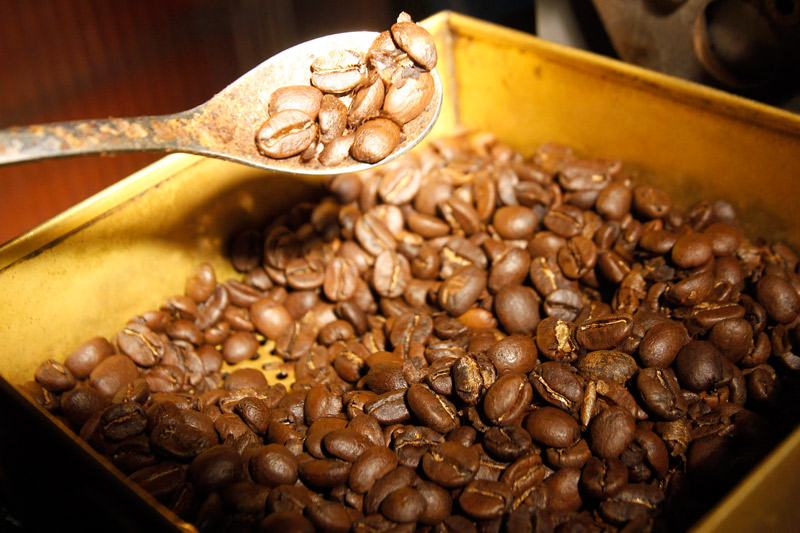D-Wave Quantum falls nearly 3% as earnings miss overshadows revenue beat
Investing.com -- On Friday, prices of cocoa, coffee, and sugar experienced a decline as markets continued to be affected by the ’Liberation Day’ tariffs imposed by U.S. President Donald Trump. This drop in prices came especially after China put forward its own tariffs on U.S. imports in retaliation.
On Wednesday, Trump imposed a 10% tariff on most U.S. imports and significantly higher levies of over 50% on some countries. This move led to a global sell-off in stock markets as nations from Canada to China prepared for retaliation.
The bank has indicated that as the ’retaliation day’ approaches, U.S. consumers of coffee and chocolate should brace for higher prices. This is due to the top cocoa producer, Ivory Coast, facing a 21% tariff, and the second largest coffee producer, Vietnam, dealing with a substantial 46% levy.
As of 1228 GMT, London cocoa futures traded on the ICE exchange, a global price benchmark, were down 1.1% to 6,611 pounds per metric ton. This follows a 1.5% loss on Thursday. Meanwhile, New York cocoa fell 2.7% to $9,044 a ton.
The U.S., which is the world’s top consumer of chocolate and top importer of processed cocoa products like butter from the European Union, Malaysia, and Indonesia, will now face tariffs of 20%, 24%, and 32% respectively on these imports.
While these tariffs could potentially impact U.S. chocolate demand, dealers have noted that the drop in cocoa prices is somewhat limited due to supply concerns. Ivory Coast, the top producer, is expected to have its worst mid-crop in a decade.
Arabica coffee futures dropped by 3% to $3.7395 per lb, following a 1% loss on Thursday, while robusta coffee declined 3% to $5,228 a ton.
The first U.S. tariffs on coffee imports since colonial times are expected to increase costs and complexity for American importers and roasters. These businesses are already finding it challenging to pass on near-record coffee prices, according to dealers.
The top global robusta producer, Vietnam, which is now facing a 46% tariff, is the third largest supplier of coffee to the U.S. The U.S. is the largest consumer of coffee in the world.
In other soft commodities traded, raw sugar fell 0.6% to 19 cents per lb, after a 2.5% drop on Thursday, while white sugar fell 0.4% at $541.80 a ton, following a 1.6% loss in the previous session.
This article was generated with the support of AI and reviewed by an editor. For more information see our T&C.
